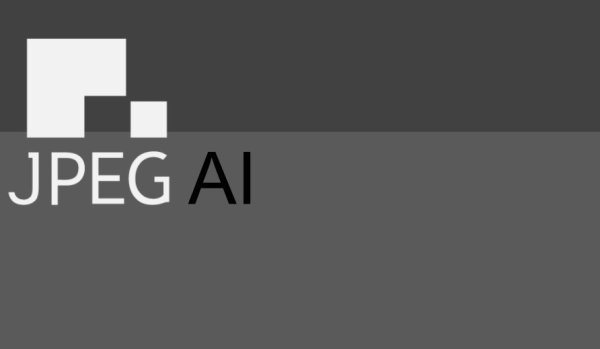Back in October, the 89th JPEG meeting took place (this time online). At these meetings, JPEG standardisation activities and investigations are regularly discussed and advanced. This meeting was preceded by a "Call for Evidence", which was intended to provide evidence to the group that AI-based image coding "promises new functionality while providing superior compression efficiency beyond the state of the art."
Four submissions were received in response to the Call for Evidence. The results of the subjective evaluation of the submissions to the Call for Evidence were presented and discussed in detail by experts. It was agreed that there is strong evidence "that learning-based AI image coding solutions can outperform current techniques in terms of compression efficiency when compared to the state of the art of conventional image coding architecture."

Therefore, it was decided to launch a new standardisation activity for a JPEG AI based on learning image coding systems that uses machine learning tools to achieve significantly better compression efficiency compared to current image coding systems.
Or to put it briefly: With JPEG AI, a new compression standard is now being planned that will be based, among other things, on compression with neural networks. However, we would not expect a concrete standard too soon, as there is still a lot of "movement" in this rather new scientific field and new findings can be found in the various AI papers almost every week. But here, too, we can see that applied AI is seeping more and more deeply into many classic areas of application. Stay tuned...

